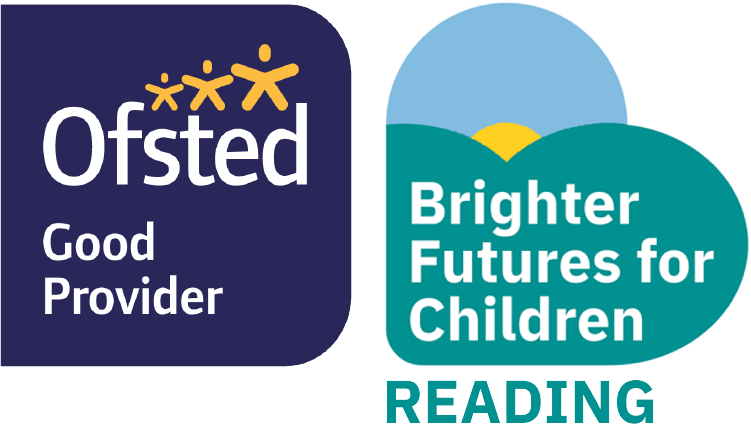One of the most rewarding yet challenging roles in fostering is caring for teenagers who have often come from really difficult circumstances, and which can show in the way they present themselves. This would ideally call for foster carers who have relevant experience – which may include working with this age group in a professional capacity or as a parent.
This is how one such Reading carer has used her experience to good use.
Naomi, a teacher by profession, was inspired to foster when she worked in a young offenders’ institute.
“I was working with children between the ages of 15 and 18, most of whom had been living in care for all or much of their lives. I could see that they were very bright, but unable to break out of the cycle they were in. They were stuck in the system and there was a strong chance they would stay that way.
“They just needed help – and I felt that I could give that.
“A friend of mine was a social worker who also provided respite care for children in this situation, so I had a good idea what was involved. I talked it through with my husband, who was 100% behind me doing it, and we applied to foster.”
Since making that decision, some six years ago, Naomi has cared for a succession of children and fostering is now a full time role for her. “The longest stay was 16 months, but others have been shorter,” she says. While most of those have been teenagers, she has had one eight year old staying as an emergency placement.
“Some of what you are doing is teaching them boundaries, and that can sometimes be challenging as they might not have had those before. They are often coming from a difficult place – some have drug issues, or have been in trouble with the police. Others can go missing.
“My job is to try and show them what a stable, family life can be like. Something they might not have had before. And now and again you get a real breakthrough, and you do get some wonderful feedback.
“One girl told me that: ‘Well, if I’m going to have a place where I stay for ever, it will be here’.
“Another wrote to me after she left and said that I was ‘the best mum she’d ever had’.
“Some do keep in touch, so you see their progress, and several have actually kept in contact with my children.”
Naomi’s own children have all left home now, but her youngest was still there when the first foster child arrived. “They have all been very supportive,” she says.
And her advice for anyone thinking of becoming a foster carer? “Recognise that it can be tiring and even stressful at times, and always remember that your own wellbeing matters too, so make space for yourself!
“But you can make a difference – so if you think it might be for you, find out more.”
